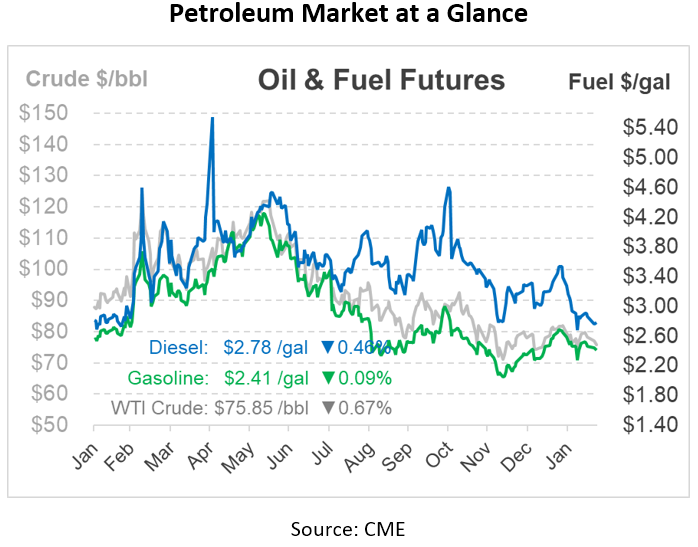
What Is It – Selective Catalytic Reduction (SCR)
The What Is It Wednesday series continues today with a discussion of the technology behind the diesel exhaust fluid in our diesel power trains – otherwise known as selective catalytic reduction or SCR.
SCR is an innovative technology used in controlling emissions of nitrogen oxides (NOx) from diesel and some gas-fired power plants and industrial boilers, which are significant contributors to air pollution and have negative impacts on human health and the environment. The technology is considered selective because it only reduces specific pollutants and does not affect other emissions.
First adopted by manufacturers of diesel engines to meet both the Canadian Environmental Protection Act (CEPA) and the US Environmental Protection Agency’s (EPA) Clean Air Act, SCR allows for optimum engine performance and fuel consumption.
How does SCR work?
SCR technology reduces emissions of NOx gases that are produced inside the engine during combustion. The process requires an injected flow of DEF – a non-toxic, high-quality urea solution – which is sprayed into the exhaust gas stream just prior to the SCR catalyst unit. The reaction takes place over a catalytic converter, which contains a special catalyst material that increases the speed of the reaction. The DEF is hydrolyzed to ammonia which, inside the SCR unit, facilitates the breakdown of NOx to harmless nitrogen gas and water, tiny amounts of carbon dioxide (CO2), and natural components of the air we breathe, which is then expelled through the vehicle tailpipe. SCR technology is the most proven method for enabling heavy-duty diesel-powered vehicles to comply with federal emission regulations.
Why is SCR important to our industry?
SCR technology is one of the most affordable and fuel-efficient solutions for cutting emissions from diesel engines. While SCR technology can be expensive to implement, it is considered a cost-effective solution in the long term as it allows companies to meet emissions regulations without having to replace entire engine systems, which can be much more expensive down the road. NOx emissions reduction technology like SCR can also improve fuel efficiency in diesel engines, as the engine does not have to work as hard to reduce its own emissions, leading to less energy consumption.
This technology has been a requirement for all heavy-duty diesel truck engines since 2011 in order to meet the most recent EPA emissions guidelines. These standards call for NOx and particulate matter (PM) to be reduced to almost zero levels.
Where else can you find SCR technology?
SCR has been a fundamental control method for emission reduction from stationary industrial sources for many years. Beyond on-highway commercial trucks, some off-road engines and machinery used in agriculture, construction, and power generation also use SCR systems to abide by the EPA’s Tier 4 emissions requirements. SCR is also used in pick-up trucks, vans, and SUVs that run on diesel fuel because of its greater return in terms of both economic and environmental benefits.
Overall, SCR technology is crucial in reducing air pollution, ensuring compliance with environmental regulations, and improving fuel efficiency, making it an important consideration for industries and governments worldwide.
This article is part of Daily Market News & Insights
MARKET CONDITION REPORT - DISCLAIMER
The information contained herein is derived from sources believed to be reliable; however, this information is not guaranteed as to its accuracy or completeness. Furthermore, no responsibility is assumed for use of this material and no express or implied warranties or guarantees are made. This material and any view or comment expressed herein are provided for informational purposes only and should not be construed in any way as an inducement or recommendation to buy or sell products, commodity futures or options contracts.







